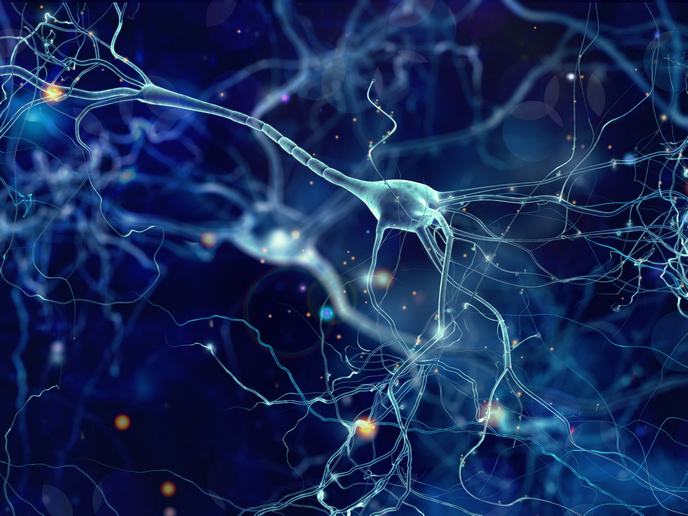Genes leading to intellectual disability
ID has many causes, both environmental and genetic. Scientists have made much progress in identifying genes – as many as 100 – that lead to ID. The project MERE-GLU (Mental retardation: Harnessing the glutamate hypofunction hypothesis) identified genes contributing to ID. Researchers were then able to identify which parts of the brain these genes affect. The project goals were to understand the cellular and molecular mechanisms of ID. Researchers hypothesised that ID proteins impede the glutamate receptors at the synapses, which would directly impact cell communication. They tested this theory by screening newly identified ID genes in rodents and exploring how known ID genes lead to synaptic dysfunction in live tests. After screening the novel ID genes, researchers discovered a main 'hub' of signalling pathways whose glutamate receptors and synaptic functioning are altered. One of these pathways was the kinesin superfamily of genes that encodes motor proteins. Involved in brain functioning, development, brain plasticity and survival, it regulates transport of chemicals throughout the brain. Genes linked to epigenetic regulation have emerged as important in ID as well as disorders including autism and schizophrenia. The researchers characterised the gene cluster involved in Kleefstra syndrome and Koolen-de Vries syndrome. They linked epigenetic changes to synaptic function and cognition, and identified key signalling mechanisms involved in Kleefstra syndrome. MERE-GLU research results can guide further research and inform the development of new tools and medications specifically targeting biochemical cascades involved in individual syndromes and ID generally.







